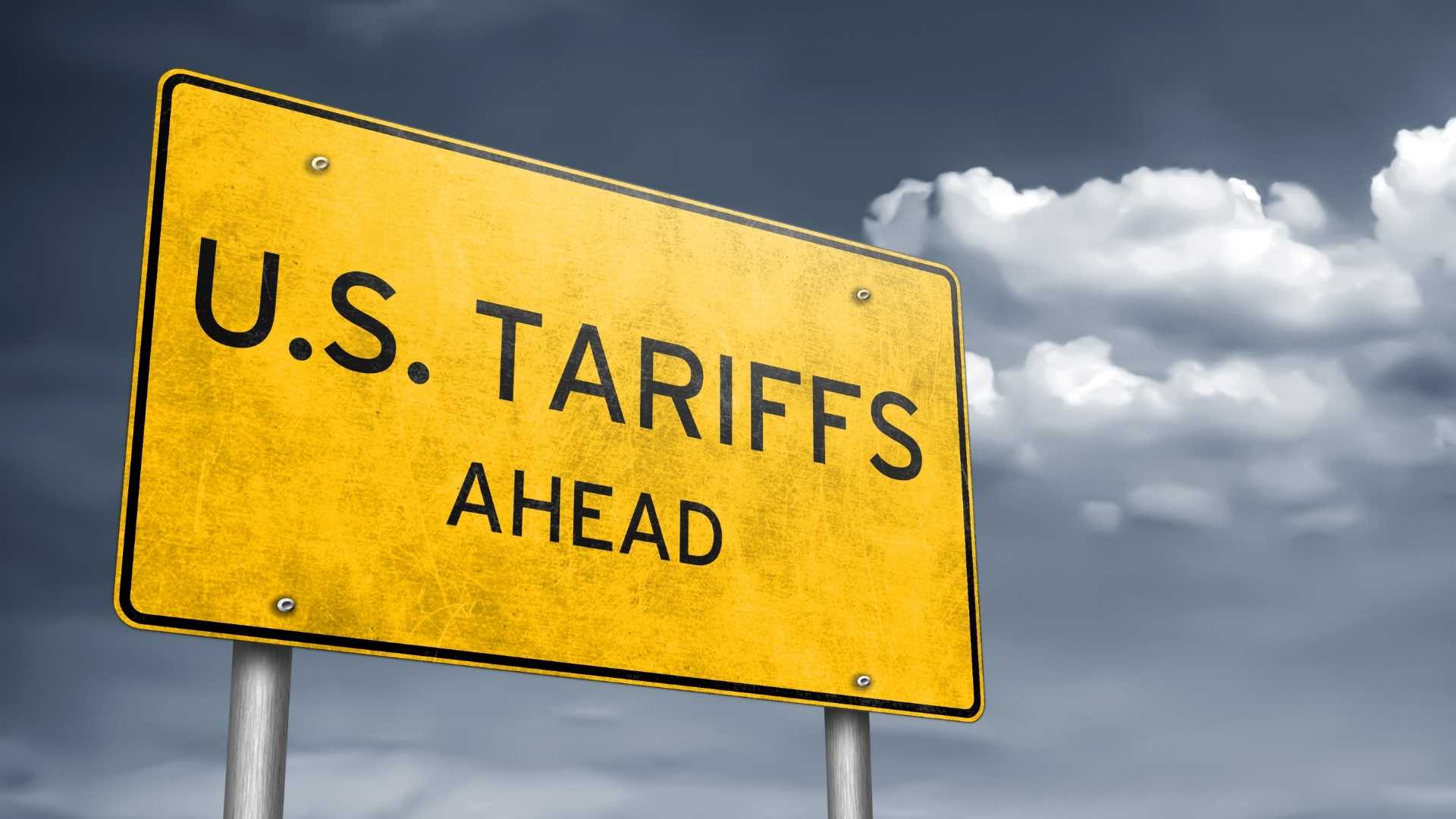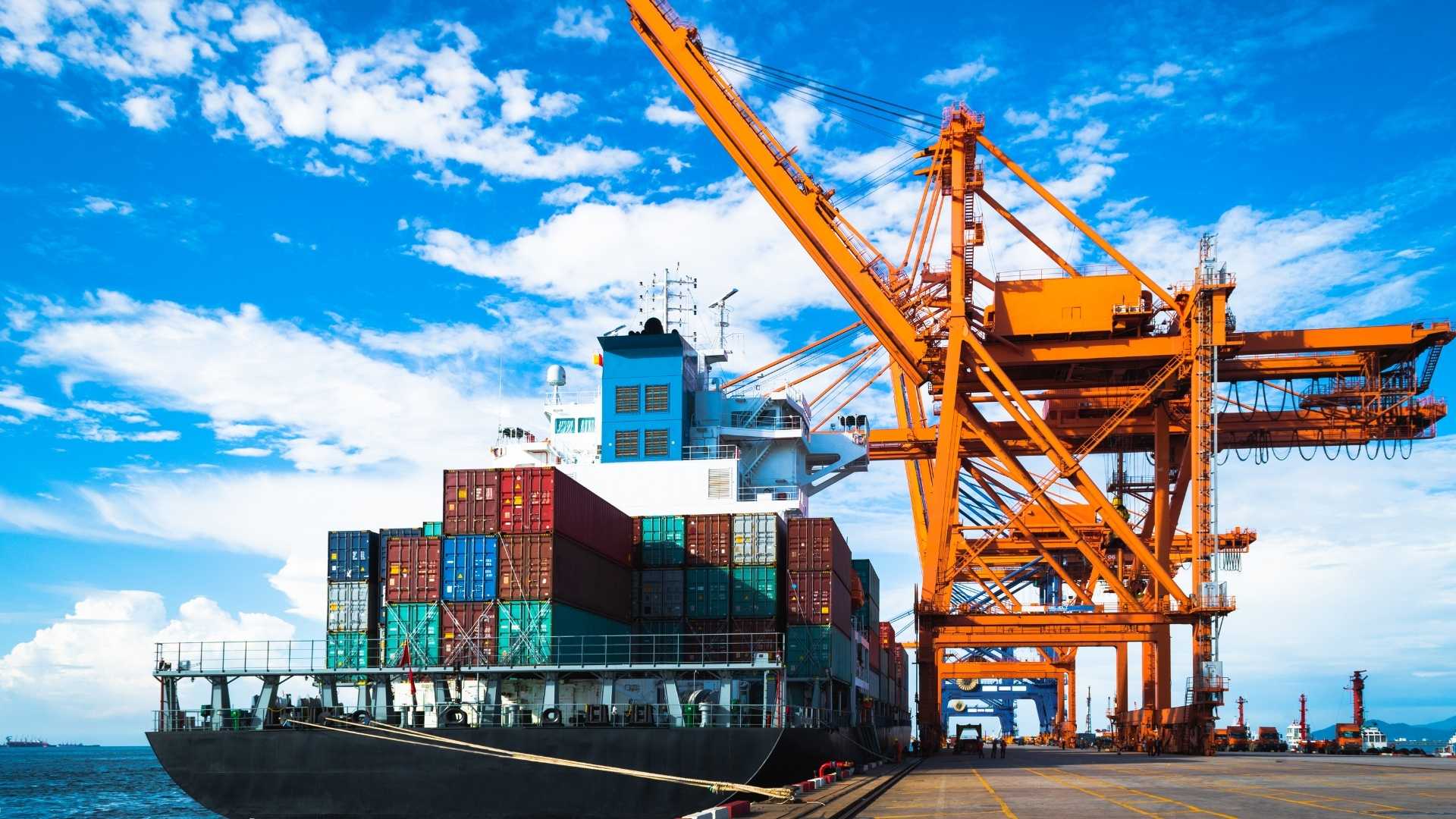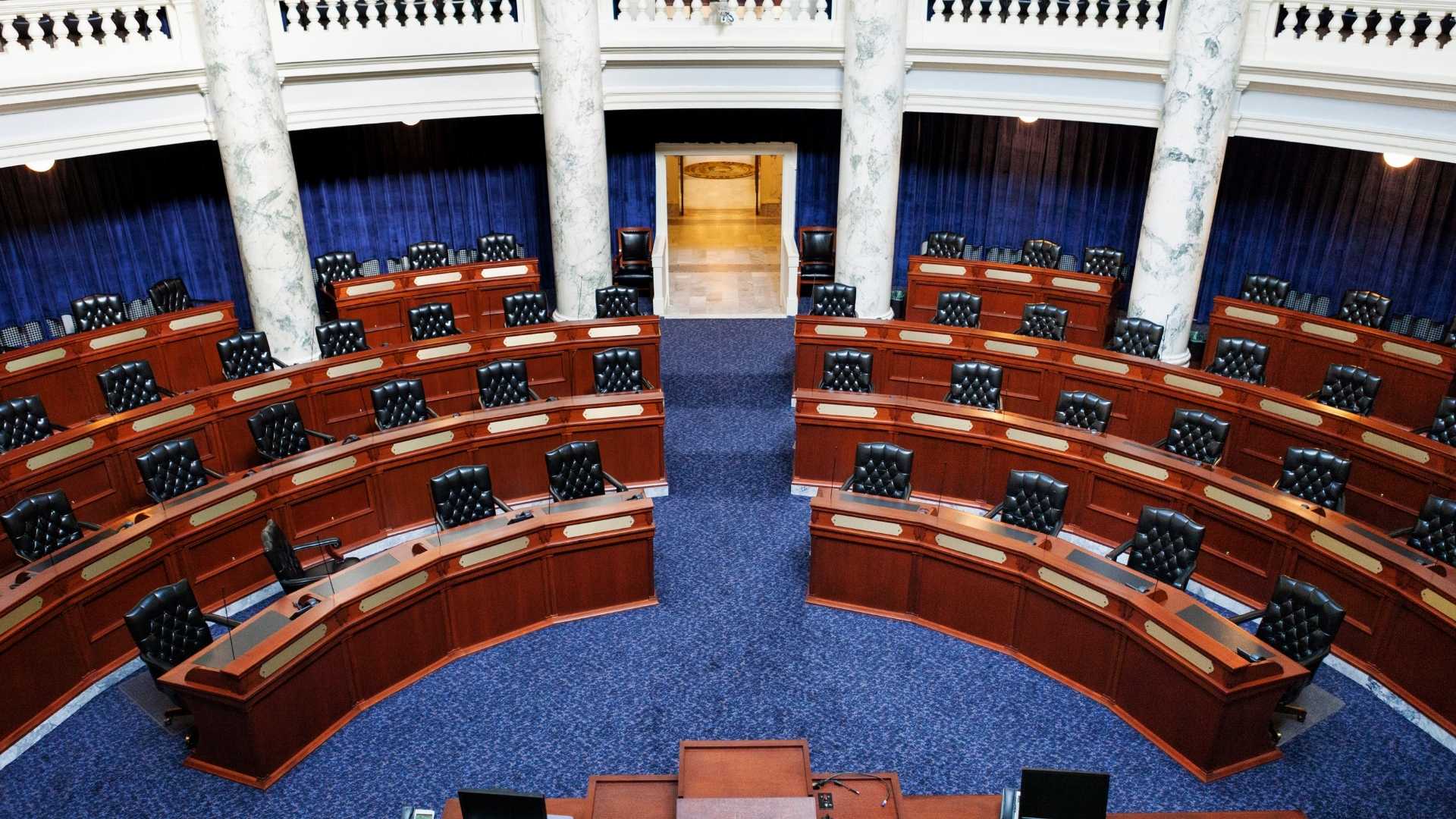With the global market paying close attention, the US government recently announced that it will launch a new round of tariff measures, imposing tariffs of varying degrees on a number of countries including Japan, South Korea, and Bangladesh. Among them, goods from Japan and South Korea will face an import tariff of 25%, Bangladesh will face a tariff of 35%, and goods from other countries will face tariffs between 30% and 40%. It is worth noting that the official effective date of these new tariffs has been postponed to August 1, 2025, in order to give countries more time for negotiation and adaptation.

This bill, a key component of what the outside world calls the “Trump Big and Beautiful Bill”, continues the trade protectionist line he pursued during his first term. Trump said during a recent visit to an immigration detention center: “This is the best bill for the United States, and everyone will benefit from it.” But in fact, this policy has sparked considerable controversy both at home and abroad.
Market analysts point out that this tariff adjustment may cause global supply chains to become tense again, especially putting pressure on industries such as consumer electronics, clothing, and machinery that rely on imported raw materials. Domestic investors in the United States have mixed reactions to this policy. Some believe that this is a negotiating chip deliberately set by Trump and may later undergo a “U-shaped reversal”; but others analyze that this move will lead to a further expansion of the federal debt, intensifying inflation and the fiscal deficit.

Amid strong opposition from conservative forces such as the House Freedom Caucus, the budget cuts in the bill have been significantly weakened. More notably, this new policy permanently enshrines the tax cuts of the Trump era and slashes funds for environmental protection and healthcare programs for low-income groups promoted by the Biden administration, raising widespread concerns among centrists.
The bill has now been returned to the House of Representatives. If it is ultimately passed, the president is expected to sign it into law within this week. Global investors and businesses are still closely watching the subsequent developments, especially whether further measures targeting the EU or China will be introduced in the future.

Source reference:The Annapurna Express
Post time: Jul-09-2025






